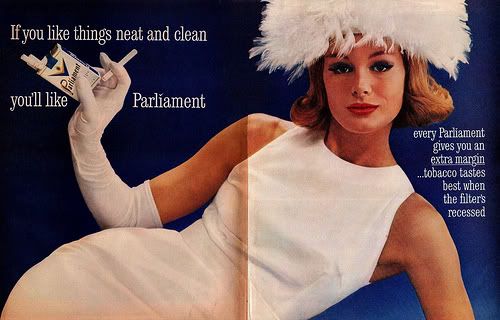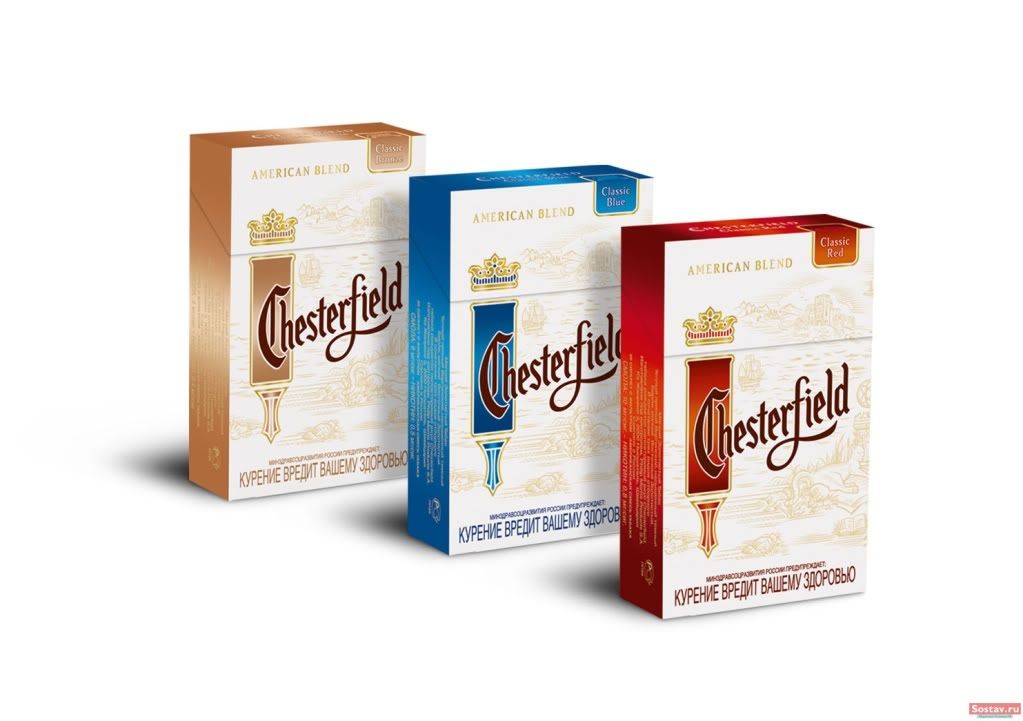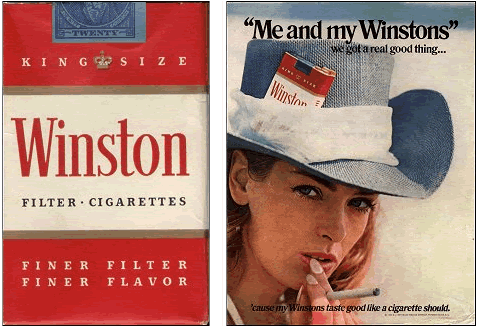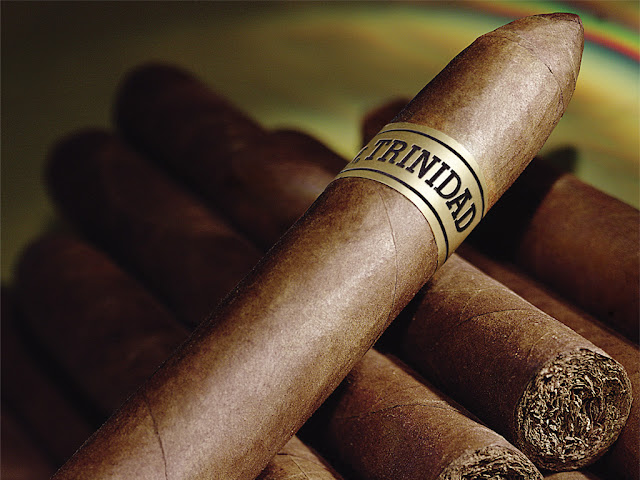Michigan’s Smoke-Free Air Law, which was officially put into effect May 1, 2010, left the state up in arms about the implications that a smoking ban would have economically on those affected, from tobacco companies to casinos to small-business owners.
Those in support of the ban predicted it would reduce smoking anywhere from 5 to 20 percent. Michigan has already experienced a loss, according to the Michigan Department of Treasury’s estimates. Revenue from taxes fell 6.2 percent in the second half of the year. In the first eight months of the ban, the estimates showed that the state collected $35 million, or 4 percent, less in cigarette taxes than in the previous year.
Another correlation was found when comparing liquor sales in bars from 2009 to those after the smoking ban. Just four months after the ban, liquor sales fell 3.1 percent from the previous year.
Aside from sales, bars and restaurants that were once venues for smokers have lost customer traffic because of the smoking ban.
Tom Moore, manager of Lefty’s Lounge, located at 5440 Cass Ave. on Wayne State’s campus, said the smoking ban has affected his business in a similar way.
“We lost a lot of neighborhood regulars who don’t come in as much — if at all. They just stay home and drink,” Moore said. “It hasn’t affected our bottom line, but good customers and good people who used to come in here and who made it a better place don’t come in here anymore.”
Moore also said the continual movement of smokers from inside the bar to the outside has caused some unexpected problems.
“People think it’s OK to take a beer outside of the bar and smoke on the sidewalk,” Moore said. “And people walk out on their tabs saying they’re going to go smoke a cigarette, but in actuality, they’re going outside to run out on their tab. It’s something we fight a lot of.”
But what about the non-smokers who regularly eat and drink at the bars and restaurants? According to 36-year-old Dean Rovinelli, a non-smoker and a frequent customer at Lefty’s Lounge, it’s not the lack of smoke that bothers him; it’s the lack of freedom of choice.
“I prefer to be somewhere where there’s no smoke, but I also think those people (who smoke) have the right to smoke if they want to and they should have a place to do it,” Rovinelli said. “It doesn’t really affect me at all, but it affects them and I don’t think that’s right.”
For Rovinelli, who has friends who smoke, going out to bars with his friends hasn’t been much of a problem either.
“The guys that I go out with most, most of them don’t smoke, but the ones who do, I’ve never heard them complain,” Rovinelli said. “They just go outside and smoke.”
At Lefty’s, Moore said the smoke-free law has mixed reviews depending on the time of day and season that people stop in.
“The lunchtime crowd is university professors – a professional crowd. They love it. Ninety-nine percent of them don’t smoke,” Moore said. “My nighttime customers are students and neighborhood people who get off work, and there are a lot of smokers at night; they can’t stand it. Especially in the winter.”
Despite the negative repercussions of the restrictions, there is good news to come from the ban, according to Michigan Department of Community Health research.
According to the MDCH, the amount of secondhand smoke exposure to the waitresses’ and bartenders’ systems has decreased. The MDCH’s study was conducted four-to-six weeks before the ban was put into effect and conducted again six-to-ten weeks following the authorization.
The magnitude of secondhand smoke exposure in employees dropped from an average of 35.92 nanograms per milliliter in the time before the law to zero nanograms per milliliter following the law.
On the whole, Michigan has been good about abiding by the new law. Although there was a high compliance rate in Michigan with the ban, recent figures have risen to the surface. The MDCH reported that the law was violated at least 1,500 times within the last year, and two establishments were ordered to shut down until they met the standardized regulations.
It’s hard to tell if the ban has been well-received because of the different opinions. Smokers and non-smokers, along with bartenders and restaurant owners, are having trouble agreeing on the fairness of the law. But with the law having achieved its goal of cleaner environments for socializing patrons, the state remains steady in enforcing the smoking ban.
“I think people are kind of getting used to it because they have to,” Rovinelli said. “They’re forced to. But I still don’t think it’s right.”










 2:00 AM
2:00 AM
 Alexis
Alexis

 Posted in:
Posted in: 



